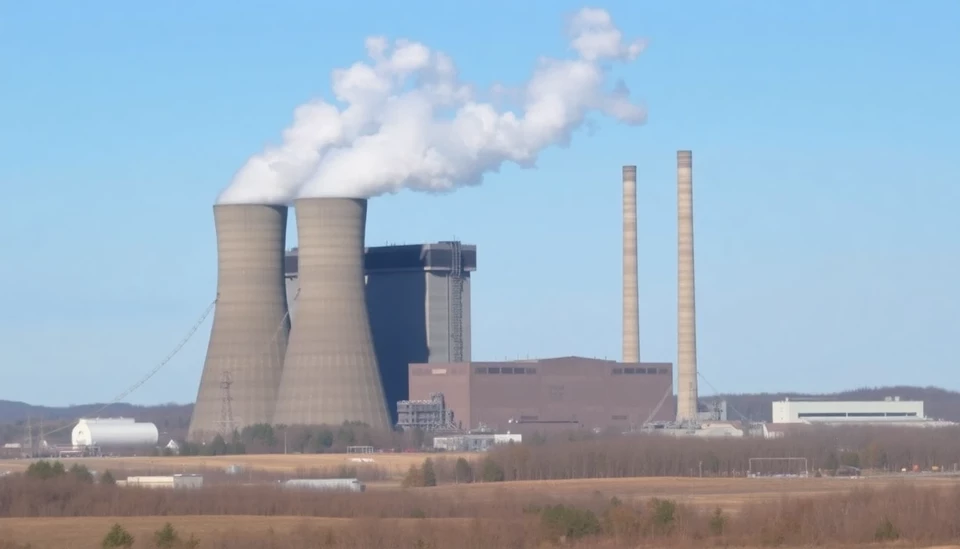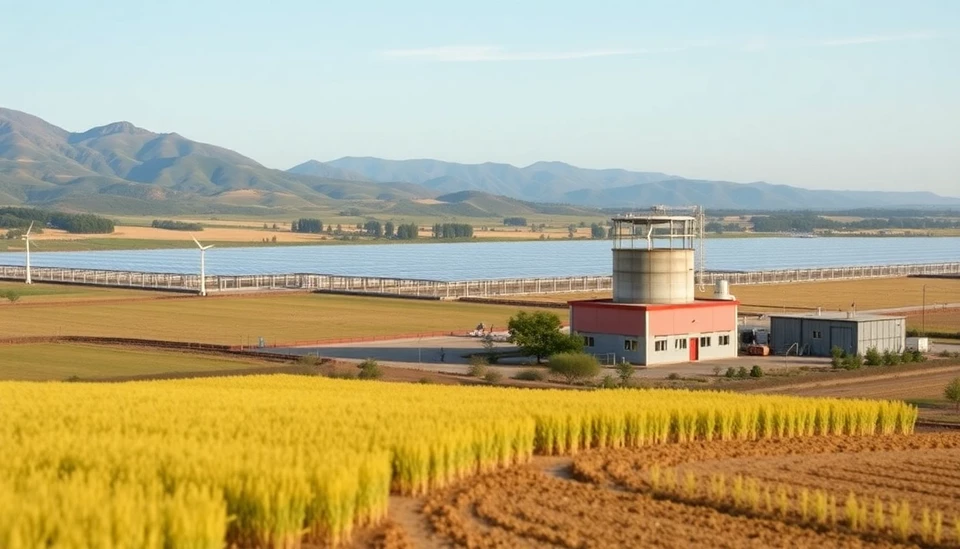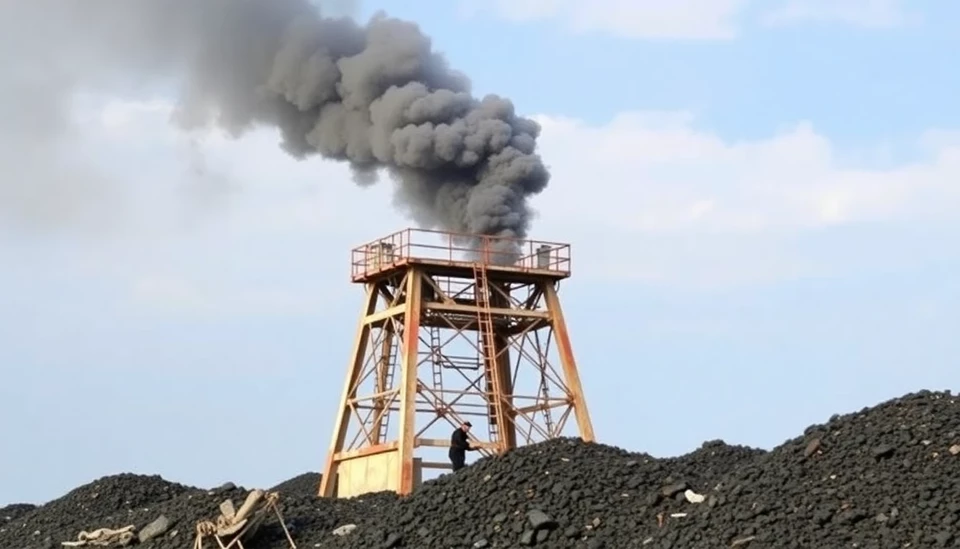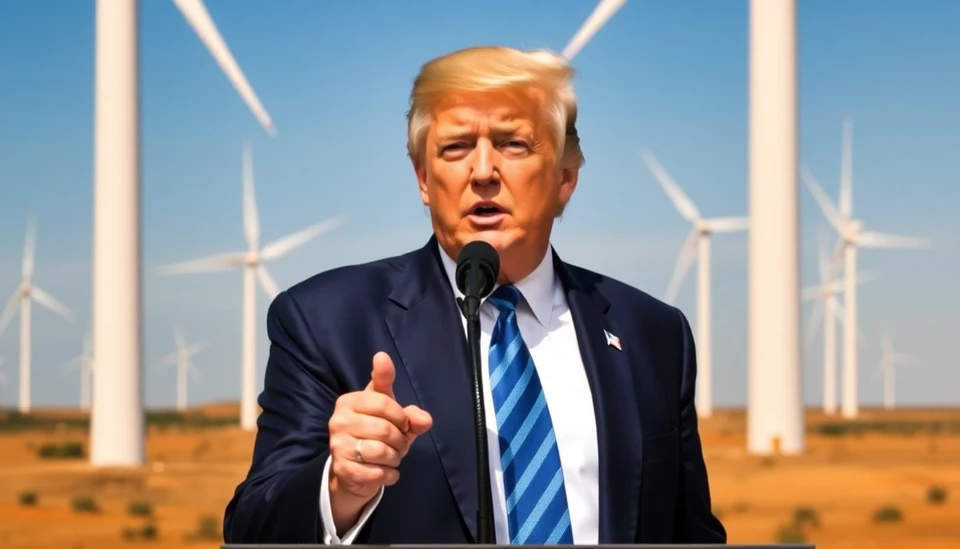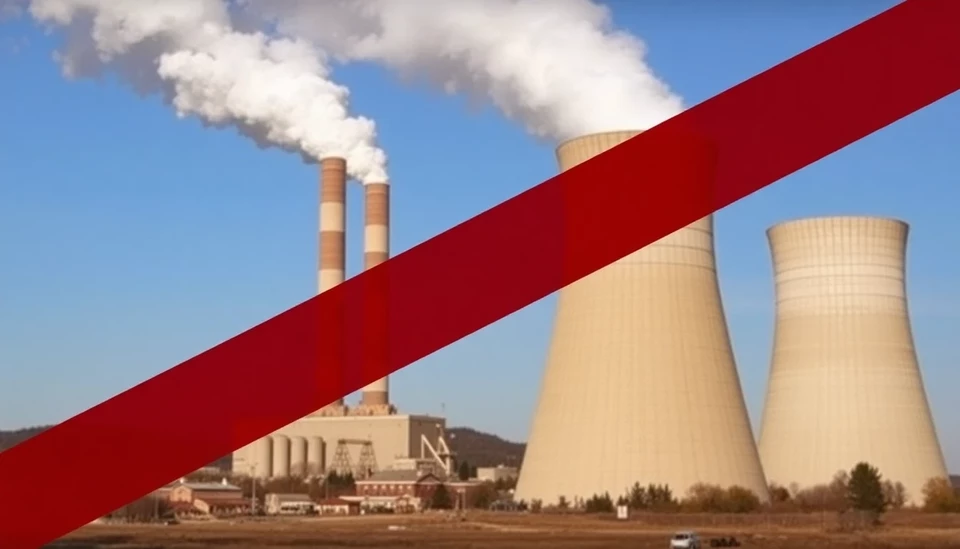
In a bid to address widespread closures of coal-fired power plants across the nation, U.S. energy officials are actively working on a comprehensive plan aimed at stabilizing the coal industry. The initiative is a response to increasing pressure from energy market fluctuations, stringent environmental regulations, and a broader transition to renewable energy sources that have significantly impacted coal's viability in the energy sector.
During a recent conversation, Energy Secretary Granholm emphasized that the administration recognizes the essential role that coal plants have played in providing energy stability and reliability. She stated that the U.S. cannot afford to overlook the economic and job ramifications tied to these closures, particularly in regions heavily reliant on coal for employment and infrastructure.
The plan being developed will likely include a mix of financial incentives designed to support coal operators, potentially in the form of subsidies or tax breaks, to ensure these plants remain operational for the near term. Moreover, there is speculation about introducing retraining programs for coal workers, preparing them for roles in the evolving energy landscape, which is increasingly favoring hybrid and renewable energy sources.
As the country navigates its energy transition, the administration's approach is multifaceted. It balances the urgent need for renewable energy adoption with the practical realities faced by coal-dependent communities. The administration echoes the sentiments of various stakeholders, including labor unions and local governments, who argue that a rapid transition away from coal could lead to severe economic downturns in affected areas.
In implementing this strategy, the Energy Department aims to create a dialogue with utility companies and coal operators to assess how best to proceed without derailing local economies while still striving towards a cleaner, more sustainable energy future. Any plans will likely engage a variety of sectors and aim for a collaborative approach to energy policy reform.
The unfolding developments in this sector are crucial, not only for economic reasons but also for environmental considerations as policymakers seek to balance ecological sustainability with the realities of the labor market. As dialogues continue, the Energy Department is expected to roll out further details in the coming months, outlining specific measures and timelines to revitalize the coal industry.
The coalition of stakeholders will play a critical role in determining the effectiveness of this initiative, as they work together to shape a future that reflects both economic resilience and environmental responsibility. With a significant portion of the nation’s electricity still deriving from coal, the stakes are undeniably high as the dialogue deepens.
As we monitor this situation, it remains to be seen how the coal industry will adapt to governmental support and the overarching push towards greener energy solutions. The success of the Energy Department’s plan could set a precedent for how legacy energy industries navigate the waters of sustainability during this unprecedented transition.
For many, the future of coal and its impact on energy production will be a vital topic in the months ahead, guiding discussions on policy, community resilience, and economic development amid changing energy landscapes.
#CoalIndustry #EnergyTransition #SustainableEnergy #EconomicDevelopment #RenewableEnergy
Author: Sophie Bennett
